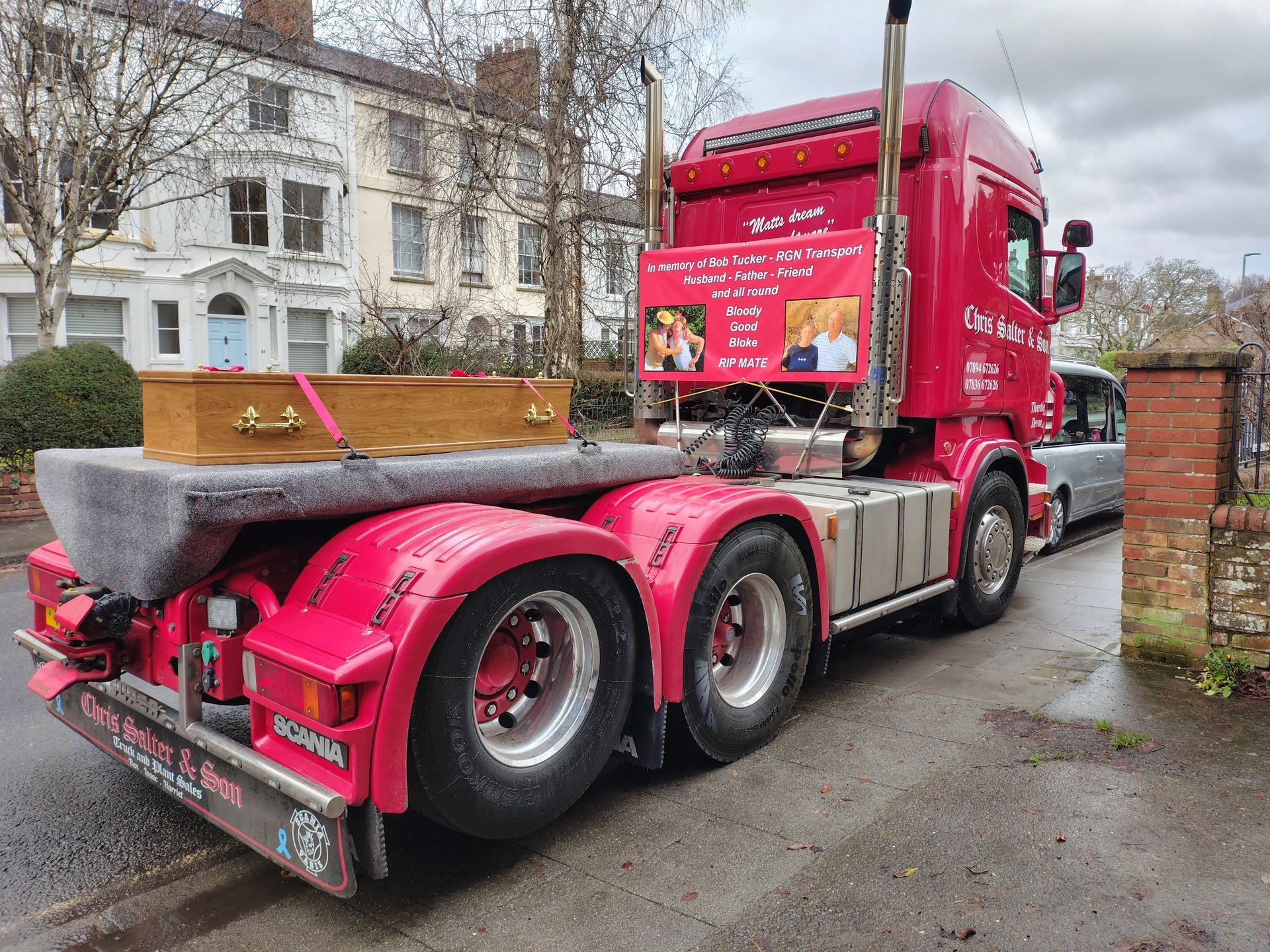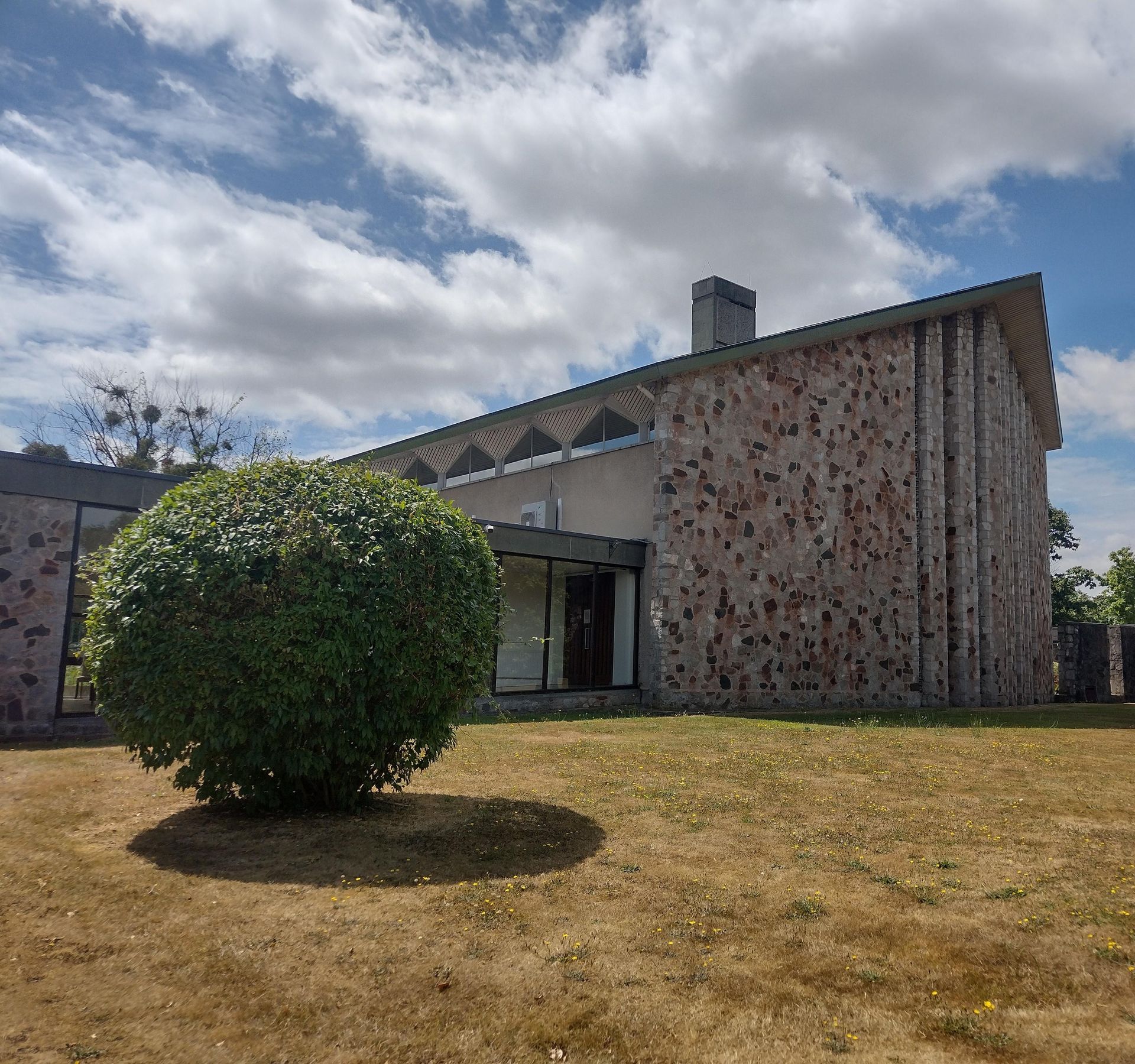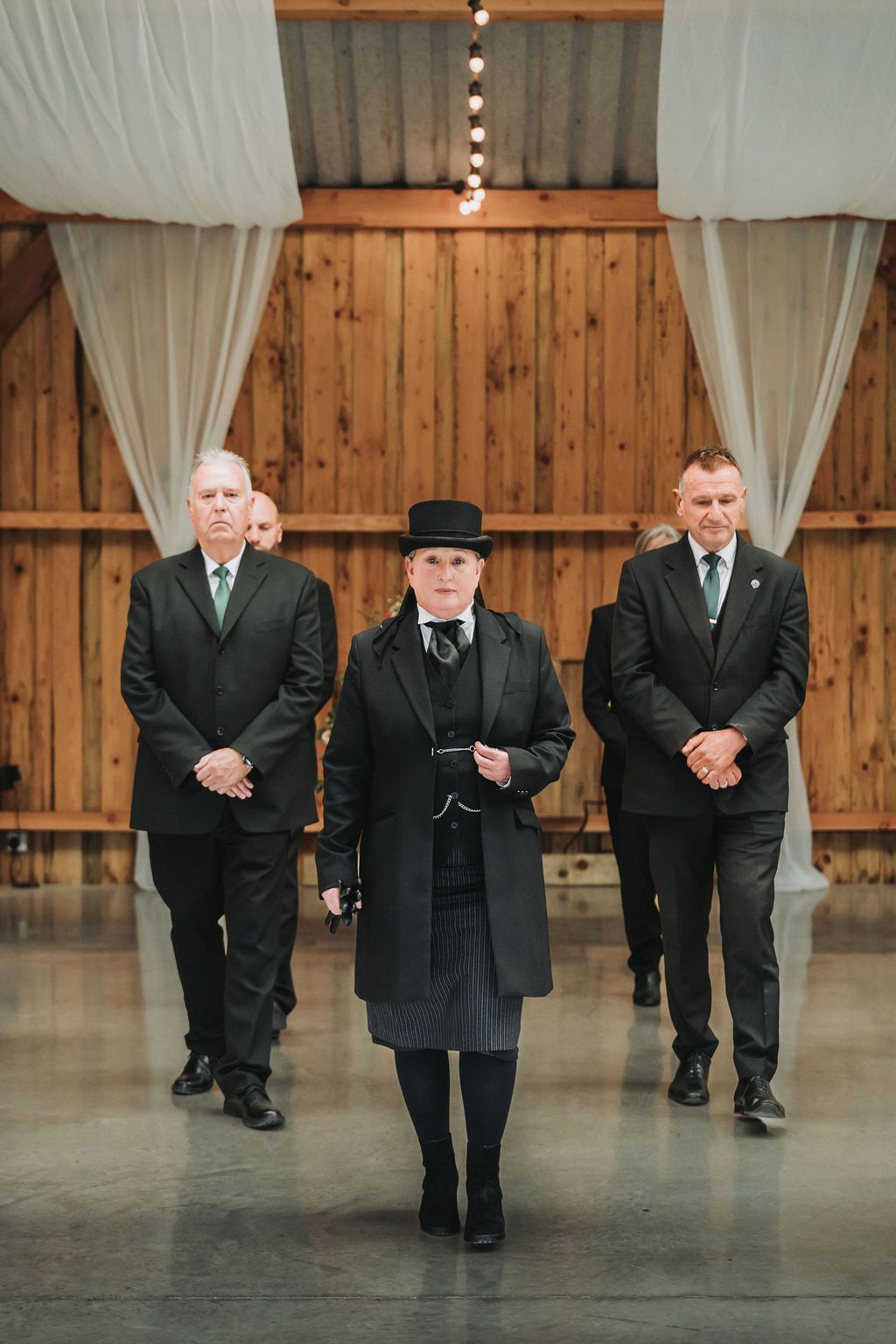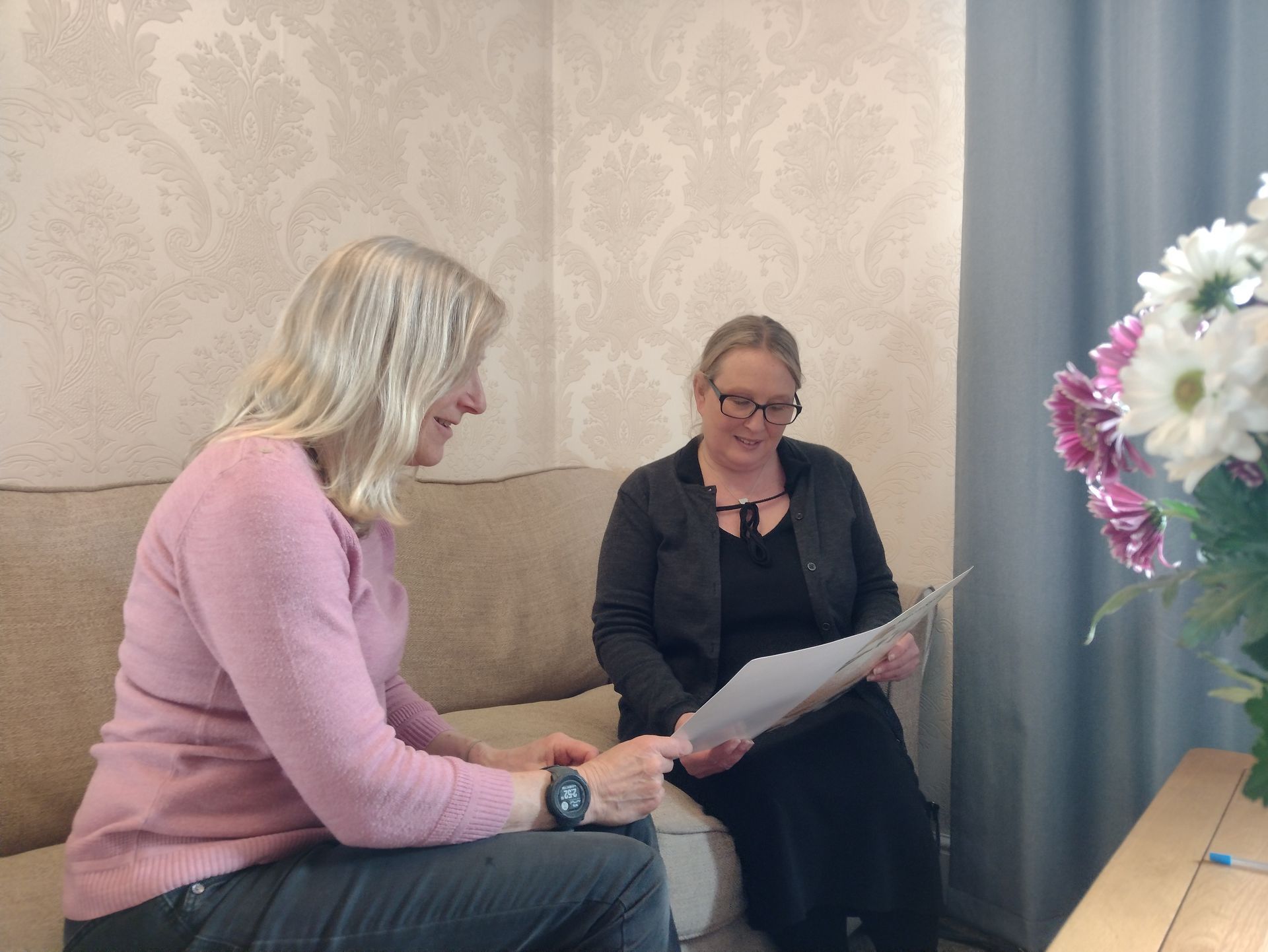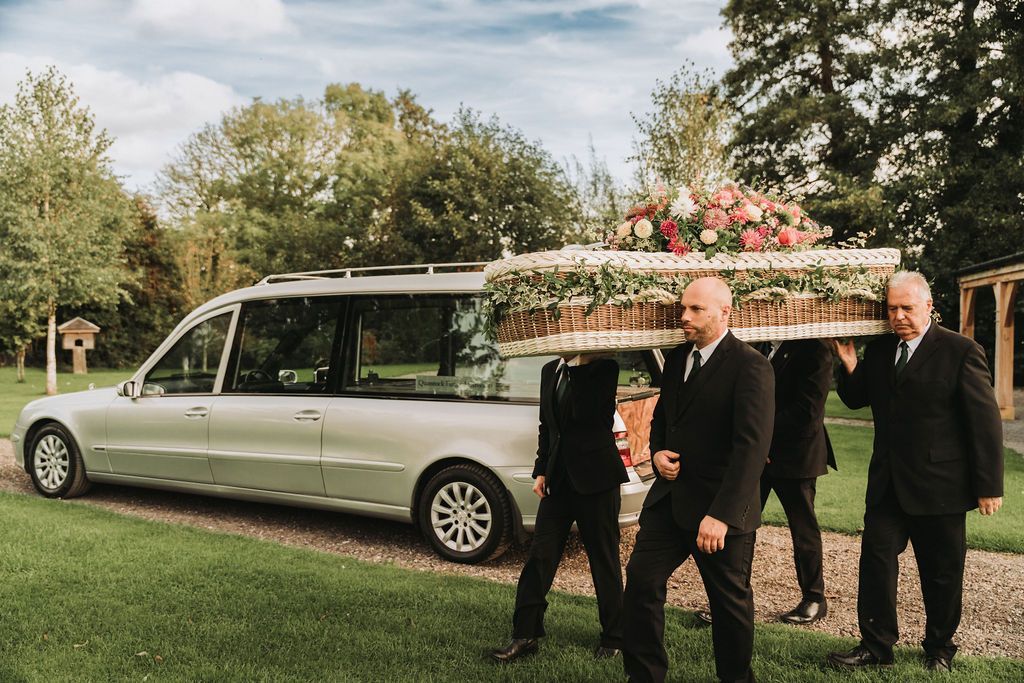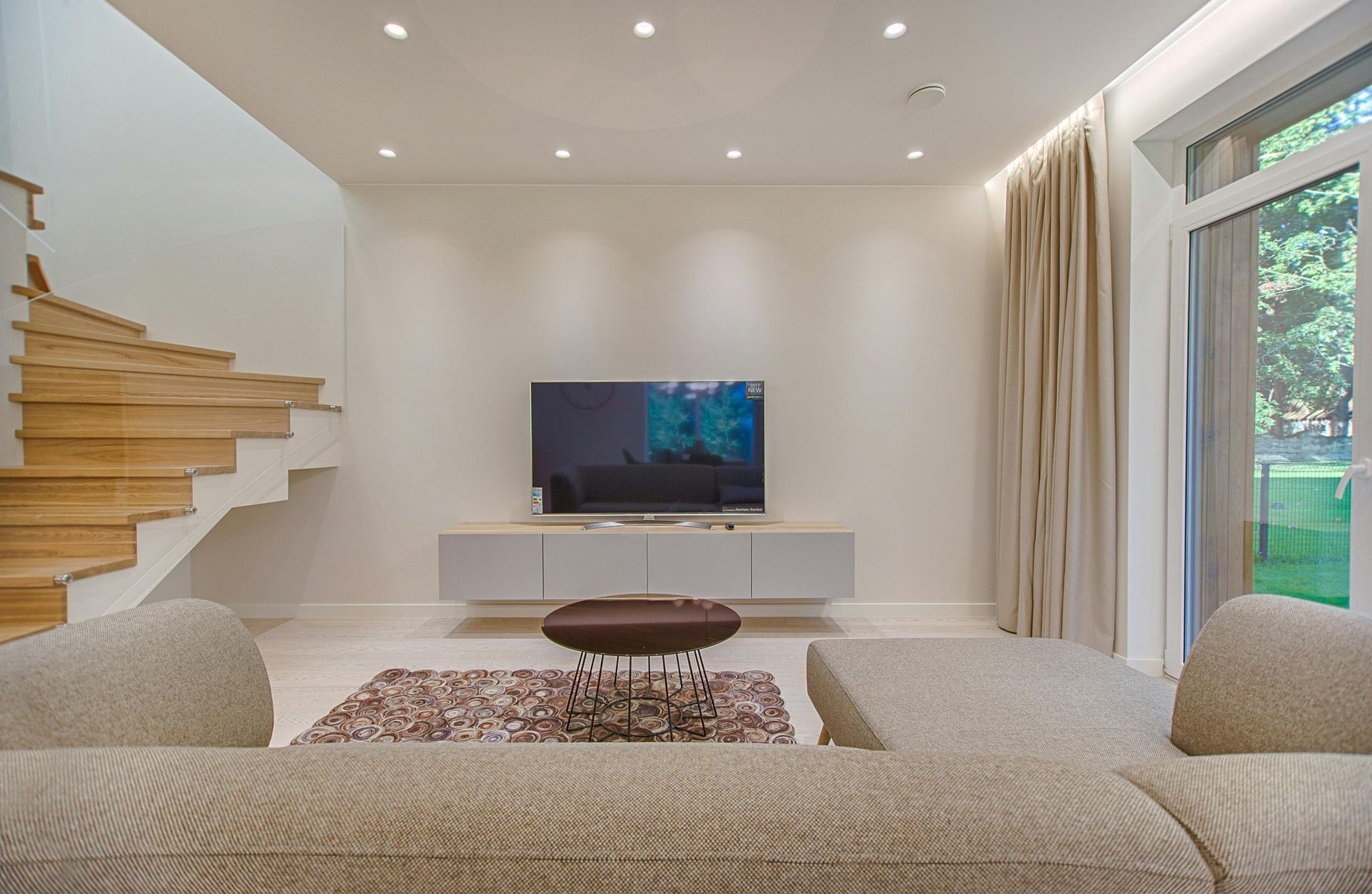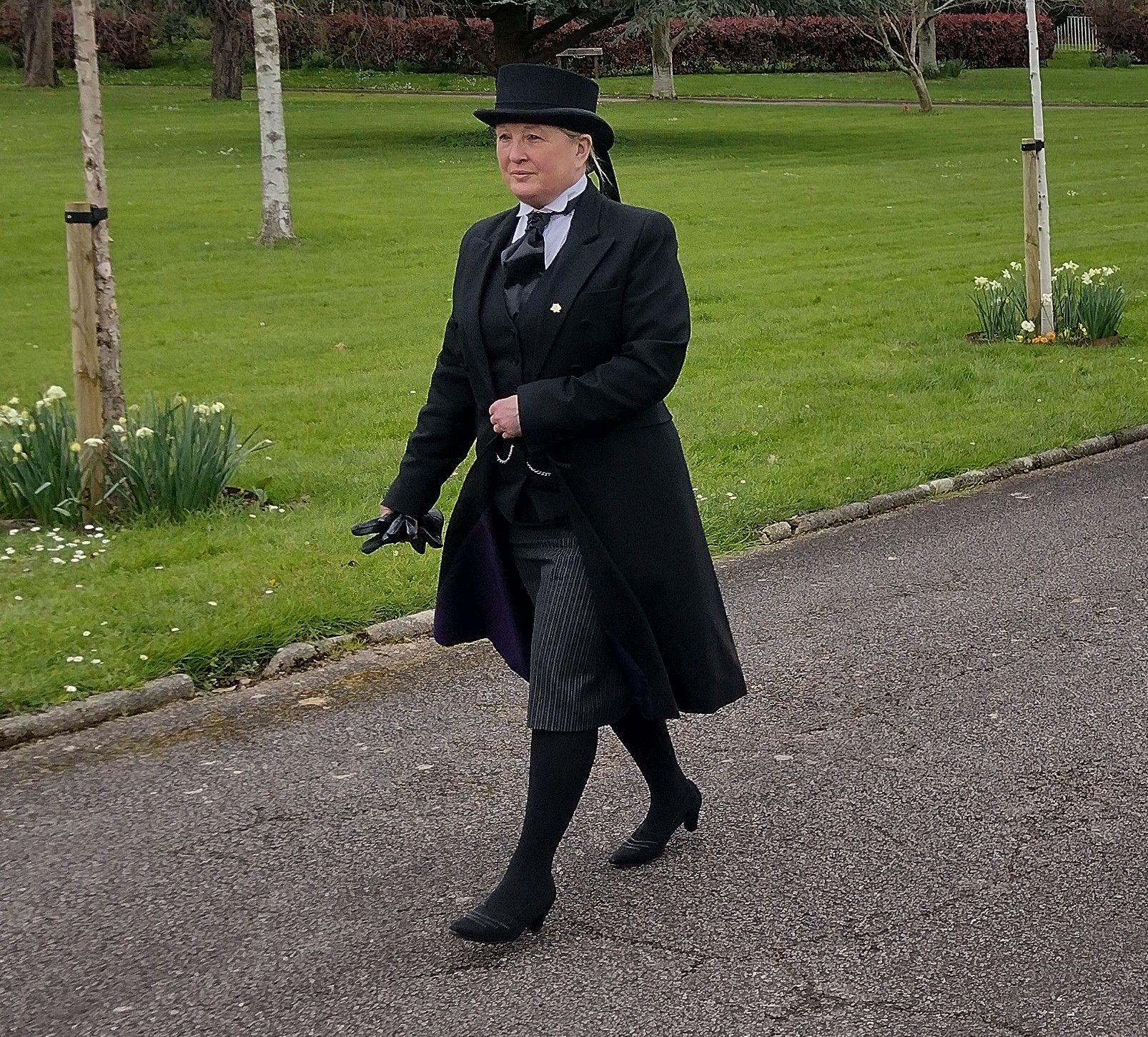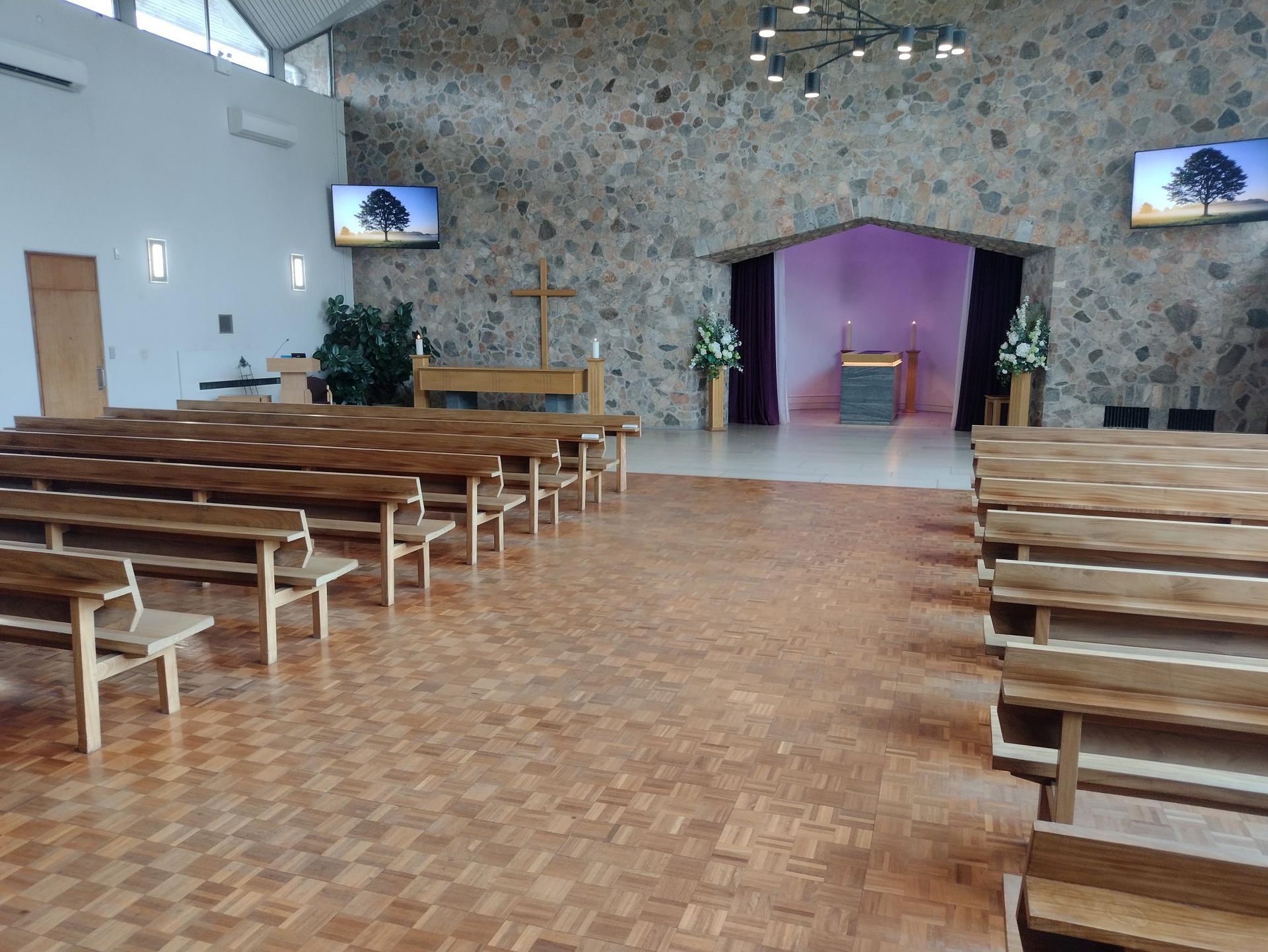5 Unique Funeral Traditions Throughout the World
Funeral traditions offer a profound glimpse into the heart of a culture, revealing its deepest values, beliefs and communal ties. Across the globe, these rites vary widely, reflecting the diverse ways in which societies honour their dead, cope with loss and celebrate life. In this exploration, we will delve into the unique funeral practises of the United Kingdom, the Philippines, New Zealand (with a focus on Māori customs), Nigeria and Thailand, uncovering the rich tapestry rituals, ceremonies and beliefs that define how these cultures say their final farewells.
United Kingdom
In the United Kingdom, funeral traditions often mirror the country's rich historical tapestry, blending ancient customs with modern sensibilities. The process begins with the notification of death and the arrangement of the funeral service, typically involving a funeral director who assists in planning the details according to the family's wishes and the deceased's preferences if known.
The ceremony itself might take place in the church, crematorium or even outdoors in a natural burial ground, reflecting the increasing desire for more environmentally sustainable options. The service is usually a mix of readings, music and eulogies, allowing friends and family to share memories and celebrate the life of the deceased. The British also place a strong emphasis on mourning attire, traditionally opting for black clothing as a sign of respect and grief.
Following the service, it's common to hold a wake or reception, providing an opportunity for attendees to come together, share stories and offer support to one another. This gathering can be as formal or as informal as desired, with food and drink serving as a comforting backdrop to the communal sharing of memories.
In recent years, there has been a noticeable shift towards more personalised and non-traditional funerals in the UK, including humanist services that focus on celebrating the life of the deceased without religious content, and living funerals, where the person being honoured is present to hear the tributes and farewells from their loved ones.
The Philippines
The Philippines, with its rich cultural mosaic, presents a variety of funeral customs that reflect its complex history and the merging of indigenous Catholic and Chinese traditions. The Filipino funeral process is marked by several distinct phases, each filled with symbolic rituals and practises.
The wake, or “lamay”, extends over several days, allowing family, friends and neighbours to pay their respects. This is characterised by a constant vigil over the deceased, with the casket usually placed in the family home or a public chapel. The vigil includes prayers, singing and the sharing of stories about the deceased, fostering a sense of community and collective mourning.
An interesting aspect of Filipino funeral traditions is the practice of avoiding sweeping the floor during the wake to prevent the departure of the soul. Mirrors are also covered, and clocks are stopped at the time of death, symbolising a pause in the flow of life to honour the deceased.
The funeral procession to the cemetery is another integral part of the Filipino funeral, often accompanied by music and the carrying of the deceased's portrait. The burial itself is followed by nine days of prayer, culminating in a final Mass, known as the “pasiyam”, marking the end of the mourning period and the beginning of the deceased's spiritual journey.
New Zealand (Māori)
In New Zealand, Māori funeral traditions, or “tangihanga”, are deeply ingrained in the community's cultural fabric, emphasising the importance of farewell rituals and the expression of grief. The tangihanga takes place over several days and is centred around the “marae”, the communal meeting place that serves as the focal point for community gatherings.
The body of the deceased, referred to as the “tupapaku”, is brought to the marae, often accompanied by family members who stay with the body throughout the tangihanga. The marae provides a space for family, friends and the wider community to come together, share in the grief, and offer support.
Central to the tangihanga are the “poroporoaaki” (farewell speeches), where attendees share stories, poems, and songs, celebrating the life of the deceased and expressing their sorrow. The sharing of food, or “hakari”, is also a key element, symbolising the lifting of the “tapu” (sacredness) associated with death and the reintegration of mourners back into the realm of the living.
At the conclusion of the tangihanga, the burial takes place, often marked by traditional Māori chants and rituals, further connecting the ceremony to the ancestral land and the spiritual beliefs of the Māori people.
Nigeria
Nigeria's funeral traditions are as diverse as its ethnic groups, each with its own set of customs that reflect the community’s worldview and spiritual beliefs. Among the Yoruba, funerals are elaborate affairs that serve as both a celebration of the deceased's life and a transition to the ancestral realm.
The Yoruba believe in the concept of ancestral reincarnation, where the dead are reborn into the same family lineage. This belief shapes the funeral rites, which include elaborate dance and drumming performances, designed to honour the deceased and guide their spirit to the afterlife.
The Igbo, another ethnic group in Nigeria, also have distinct funeral practises, characterised by the “Ikwa Ozu” ceremony. This involves a series of rituals, including the presentation of the deceased's personal belongings and offerings of kola nuts and palm wine, symbolising the community's farewell to the departed soul.
Nigerian funerals often culminate in a “final funeral”, which may take place months or even years after the death, allowing the family ample time to prepare for a grand celebration that includes elaborate feasts, traditional attire, and performances, underscoring the importance of honouring the deceased and reaffirming social bonds.
Thailand
In Thailand, Buddhist beliefs profoundly influence funeral traditions, with ceremonies designed to ensure the peaceful transition of the soul and the accumulation of merit for the deceased. The Thai funeral typically begins with the bathing of the body by family members, a ritual purification that prepares the deceased for the journey ahead.
The body is then placed in a coffin, often surrounded by flowers, candles and incense, creating a serene atmosphere for the mourners to pay their respects. The wake, which can last for several days, involves chanting by Buddhist monks, prayer sessions and the giving of alms, all aimed at generating merit for the deceased.
A key feature of Thai funerals is the cremation ceremony, which is believed to release the soul from the physical body, allowing it to move on to its next existence. The ceremony is often accompanied by the release of birds or fish, symbolising the liberation of the soul and its release from earthly attachments.
Following the cremation, the ashes may be collected and kept in a chedi or stupa at a temple, providing a space for family members to come and pay their respects, continuing the cycle of remembrance and merit-making for the departed.
Conclusion
Exploring these diverse funeral traditions from around the world not only highlights the unique ways in which different cultures honour the deceased but also underscores the universal human experience of mourning and remembrance. From the solemn ceremonies of the UK to the vibrant celebrations of Nigeria, each tradition offers a window into the values, beliefs, and communal bonds that define a culture, reminding us of the deep connections that exist between the living and the dead.
Quantock Funeral Services
Situated in the serene settings of Taunton and Wellington in Somerset, Quantock Funeral Services epitomises the essence of independent, family-run funeral care, offering a deeply personal service in the wake of loss. Our comprehensive approach to funeral planning includes everything from administrative duties to personal touches like music and flowers, ensuring a respectful tribute to your loved ones.
Corinne is a distinguished figure in the funeral directing domain, with over 15 years of dedicated service, setting the standard for funeral care in Somerset. Our services are carefully tailored to suit individual preferences, encompassing everything from traditional ceremonies to alternative burials, supported by the option of Golden Charter prepaid plans for future preparedness. Transparency is at the core of our pricing, which clearly outlines our fees and third-party costs, with a compassionate interest-free policy for external expenses, offering solace and support to families during challenging times.
For more information about our firm or the services we provide, contact us via our website. Or give us a call in Taunton, at 01823 231859, or in Wellington, at 01823 213576.
